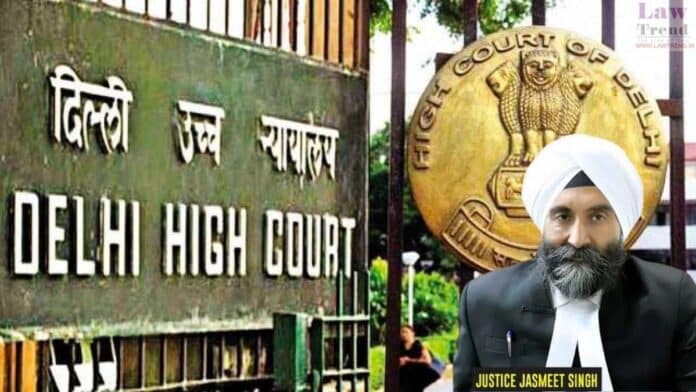The Delhi High Court on Tuesday sought the stand of the National Investigation Agency (NIA) on a plea seeking quashing of its probe against the banned Popular Front of India (PFI) in connection with an alleged criminal conspiracy to carry out terror activities in the country.
Justice Jasmeet Singh issued notice on the petition by arrested PFI leader Oma Salam and asked the agency to file its response.
While the judge remarked during the hearing that “there is no question of stay” in the matter, the counsel for the petitioner said he was “not pressing it” either.
The counsel for the petitioner argued he was assailing the NIA case on “legal grounds” as the probe was not as per the NIA Act.
He contended that the offences being probed by the NIA have to be first registered by the state government, which has not been done in the present case.
The petitioner’s counsel also said no report under section 173 Criminal Procedure Code should be filed by the NIA in the case on completion of the investigation.
The case, registered in April last year, pertains to an alleged criminal conspiracy hatched by people associated with the PFI to raise funds from within India and abroad for committing acts of terror in various parts of the country.
The NIA has alleged that the accused were conducting training camps to indoctrinate and train their cadres to carry out terrorist activities.
A large number of alleged PFI activists were detained or arrested in several states during the massive raids preceding the nationwide ban imposed on it on September 28, 2022.
In near-simultaneous raids across the country as part of a multi-agency operation spearheaded by the NIA, several PFI activists were detained or arrested in 11 states for allegedly supporting terror activities in the country.
The arrests were made in states and Union Territories, including Kerala, Maharashtra, Karnataka, Tamil Nadu, Assam, Uttar Pradesh, Andhra Pradesh, Madhya Pradesh, Puducherry, Delhi and Rajasthan.
The government banned the PFI and several of its associate organisations for five years under the stringent anti-terror law UAPA, accusing them of having links with global terror groups like the ISIS.
The matter will be heard next on July 11.




